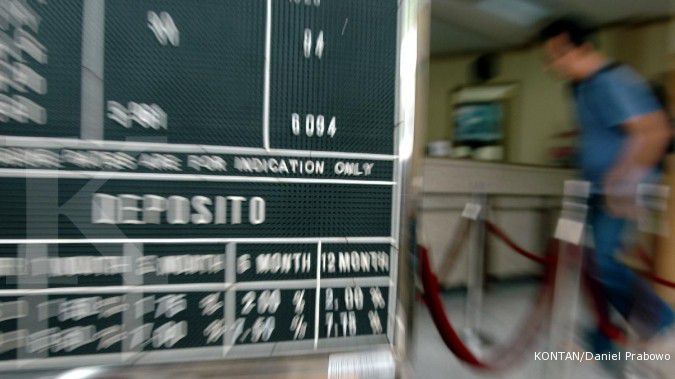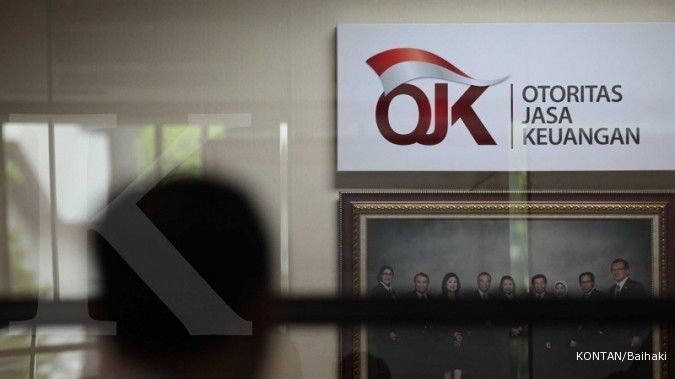GIANYAR. The Financial Services Authority (OJK) is to issue three sets of regulations on financial conglomerations, including the establishment of a new department to supervise conglomerates, which are deemed as having a potentially huge impact on the country’s wider financial system. The division will be set up in the near future after the issuance of two out of three sets of regulations regarding financial conglomerates currently being prepared by the OJK, including on good corporate governance and on risk management. Endang Kussulanjari Tri Subari, an OJK deputy commissioner for banking supervision, said that the new department, which will fall under the remit of the banking supervision executive, will engage in integrated supervision of financial conglomerates in the sectors of banking, insurance, financing and the capital market. The supervision will not be separated, she added.
OJK to establish supervisory unit for conglomerate
GIANYAR. The Financial Services Authority (OJK) is to issue three sets of regulations on financial conglomerations, including the establishment of a new department to supervise conglomerates, which are deemed as having a potentially huge impact on the country’s wider financial system. The division will be set up in the near future after the issuance of two out of three sets of regulations regarding financial conglomerates currently being prepared by the OJK, including on good corporate governance and on risk management. Endang Kussulanjari Tri Subari, an OJK deputy commissioner for banking supervision, said that the new department, which will fall under the remit of the banking supervision executive, will engage in integrated supervision of financial conglomerates in the sectors of banking, insurance, financing and the capital market. The supervision will not be separated, she added.





